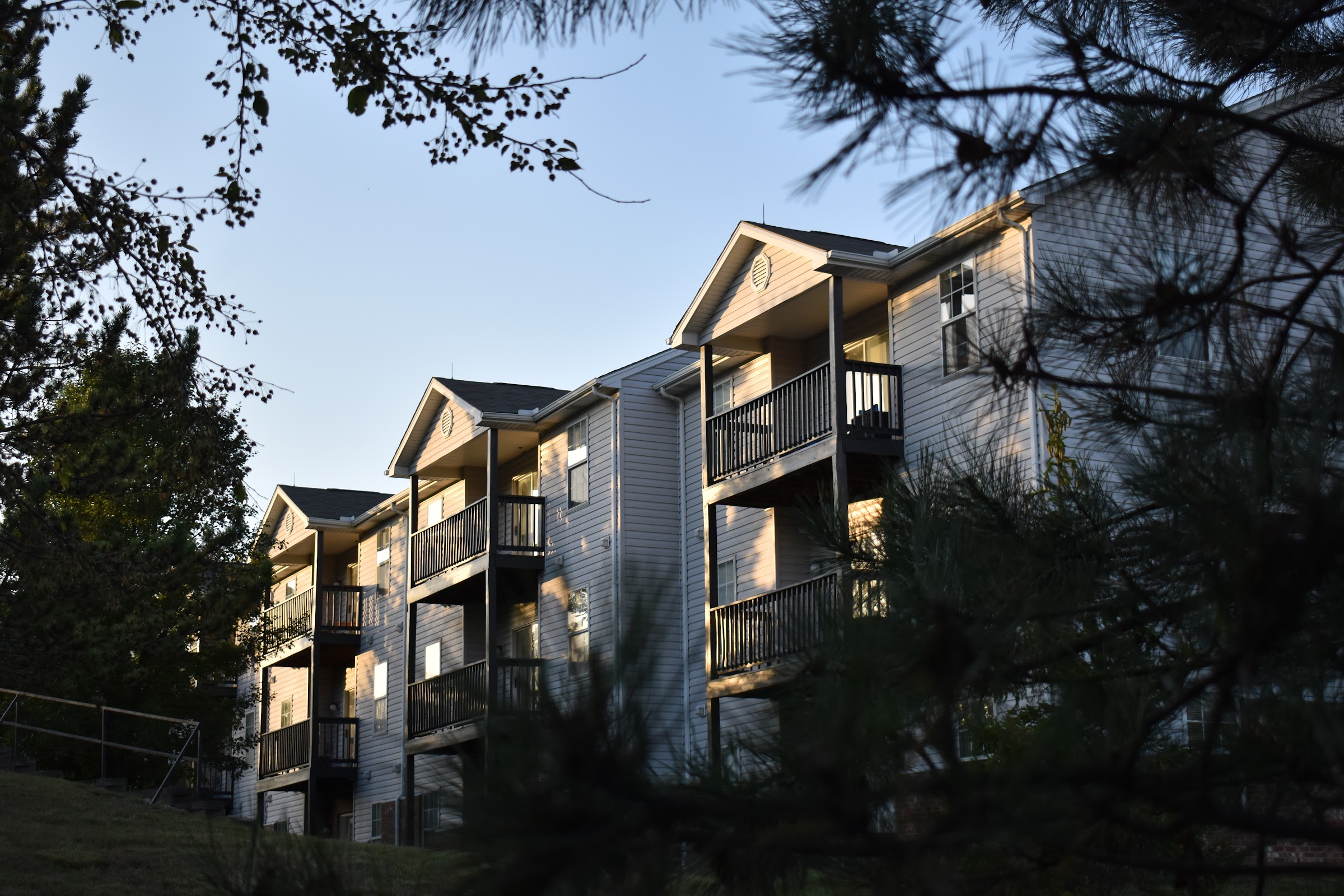
Wright State Housing | Photo by Christian Peters | The Wright State Guardian
Wright State University RAs feel the pressures of understaffing and a lack of funding as they take on more students to oversee and are given less dining dollars than in previous years.
Residential-Assistant
According to Residential life, an RA is a student employee who has direct and constant, day-to-day interactions with residents. Along with an invaluable and rewarding growth experience, resident assistants receive a meal plan, a single RA room and a waiver of the required residential activity fee.
Former WSU RA and University of Dayton graduate student Petey Sanchez reflected fondly that his time as an RA positively impacted his time at WSU.
“I wanted to become an RA so I could help students from a different perspective than as a peer,” Sanchez said. “It gives you a lot of skills in your toolbox, and it’s very marketable when you are looking for jobs later.”
Current RA Avery Barber shared how she juggles all of the responsibilities.
“This job can take a big toll on people. Residential life and housing expect a lot from us. Our job consists of holding the duty phone overnight and over certain weekends and breaks, being back in the building at a certain curfew, running ICs with each resident, conducting fire drills, having to throw floor events once a month, having to take residents to two signature events every semester and being required to go to various meetings throughout the semester. There are aspects to the job I really enjoy but those aspects are a lot less fun to do when you have multiple things to juggle,” she said.
Stressors: COVID and meal plan
RAs began to feel the stress of the pandemic with more duties and difficulties connecting to their residents.
“Last year was my most difficult year as an RA because of Covid. I was responsible for enforcing the no guests rule, extra masks and social distancing. I had to put in extra effort to try to engage with my residents, as it wasn’t as easy as knocking on their door to say hi,” Honors R.A. Hannah Becker said.
During the COVID-19 pandemic, the RA’s meal plan was increased to two meal swipes per day along with dining dollars. However, the current RA meal plan is 600 dining dollars a semester, which allows for less than 2 meals a day.
Barber shared that she is down to 30 dining dollars with 30 days left in the semester. This strain is putting additional stress on her as she is not allowed to work more than 10 hours a week to provide an extra flow of money to buy food.
“I’m extremely lucky to have my parents to support me when it comes to the dining dollars and other income but other RAs aren’t as blessed,” Barber said. “Every RA I’ve talked to is struggling with having money in their bank accounts. A free room sounds nice on the surface, but a free room can only go so far when you can’t afford to live.”
The Residential Life committee has plans to increase the RA meal plan to 1,000 meal swipes a semester starting next school year, and yet that only equals nine dollars a day to eat.
Barber hopes that the committee will return to the pre-COVID era meal plan, or allow the RAs to work more outside of campus to be able to have more income.
Training
The Residential Living committee has allowed freshman and sophomore students to apply to become an RA. to meet the need, despite the fact that underclassmen do not have the experience upperclassmen have learned. Before the beginning of the fall semester, the RAs go through two weeks of training and are given their assignments.
“You receive a lot of adequate training, but they cannot prepare you for every situation,” Sanchez said.
Barber expressed frustrations over the job because it can be very different depending on each location, the boss, and the residents.
“A lot of RAs quit between the semesters this year and they had to rush and hire a bunch of new ones, including freshmen who typically aren’t RAs. During the first meeting of this current semester they asked the RAs who weren’t coming back next year to leave and almost everyone left, if this says anything,” she said.
Mental health help
If a student is struggling with their mental health they can receive confidential treatment by calling the Raider Cares line 24/7 at 937-775-4567 or visiting Counseling and Wellness Services at 053 Student Union Monday through Friday, 8:30 a.m. to 5:00 p.m.
